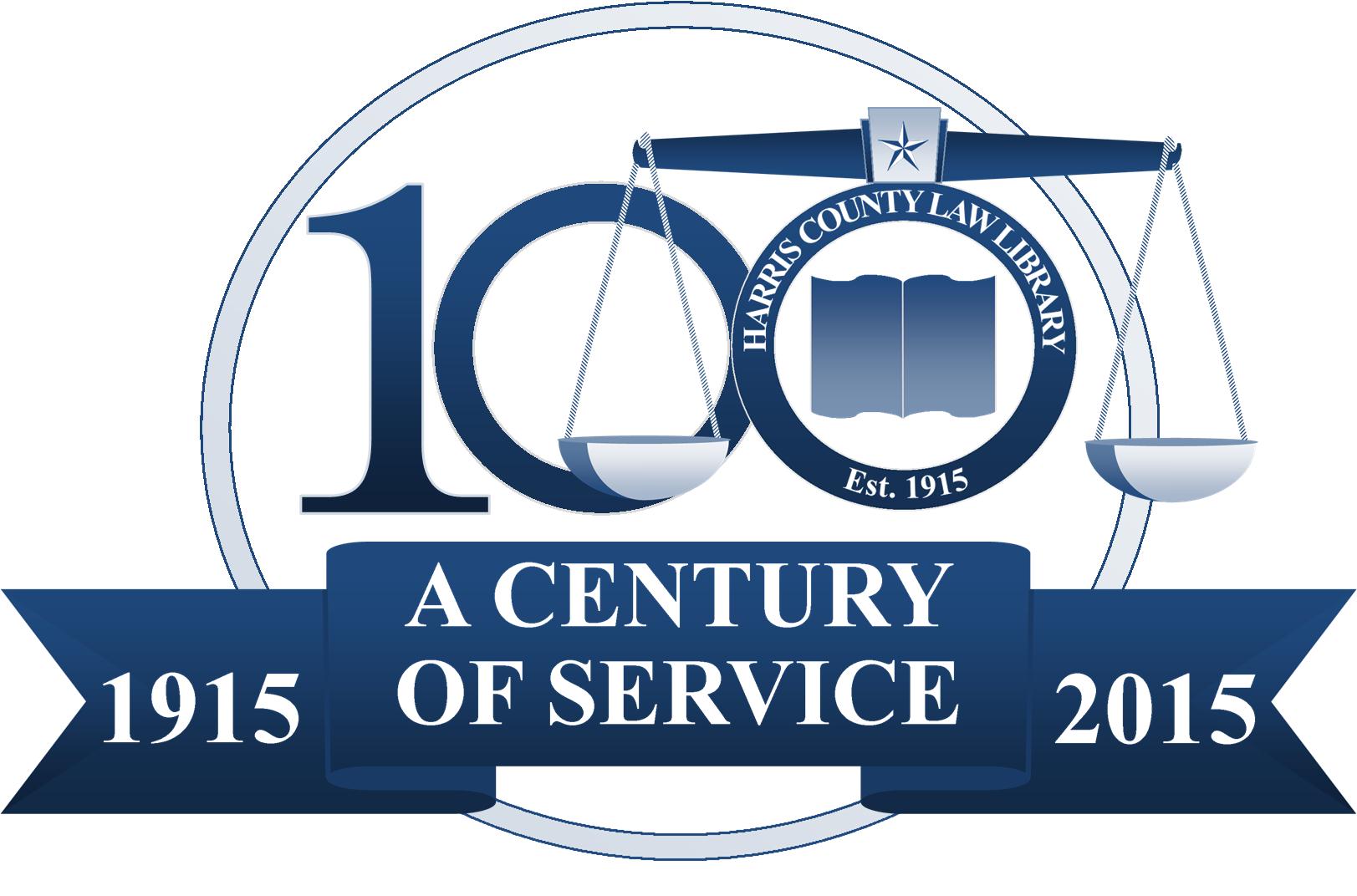When you search Google for something like heat rash, Abraham Lincoln, or the Eiffel Tower, the list of search results is accompanied by a Knowledge Card, which contains brief, supplemental information about your search term along with relevant facts. Symptoms and treatment (for a medical term), biographical data (for a historical figure), or geographic information (for a national landmark) is presented in a box to the right of your search. Pictures, bits of trivia, related search terms, and links to official websites are also included, providing a snapshot, in plain language, of the topic you are researching.
This information is all very useful when it's available, and having this kind of easy-to-access, user-friendly content on the same page as your search results can be a very helpful starting point for your basic online research. For legal terms, however, no such equivalent exists. A search for the terms unlawful detainer, emancipated minor, or protective order do not offer the same benefits. A definition, or a featured snippet from Google, drawn from Wikipedia or FindLaw, may appear at the top of your search results, but no other value-added content is likely to be provided. Knowledge cards simply do not exist for legal terms, nor do so many other search engine features that could improve the user experience for those in need of legal information.
Fortunately, the Legal Design Lab is taking steps to introduce just those kinds of improvements. A Better Legal Internet is the name of the project that seeks to improve the search experience for Internet users, particularly lay people looking for legal information. The goals of the project are to (1) increase the ability of search engines to identify legal issues in people’s queries, and (2) direct them to relevant, jurisdiction-specific, actionable information to deal with those issues. Overall, A Better Legal Internet will provide a seamless, intuitive, user journey for people who rely on the internet for legal information. As users search for help, they should be able to find legal information (i.e., what the law says), legal service providers (i.e., people who can help), self-help tools and forms to complete legal tasks, and paths for accessing the courts system.
Underlying the goals of A Better Legal Internet is a semantic system similar, in some ways, to the Google Knowledge Cards. Creating a taxonomy of legal terms used by lay people, including words and phrases that describe a person's case details and legal objectives, would be an important first step in developing a semantic foundation for A Better Legal Internet. Next, linking the taxonomy of legal terms to a directory of available legal options and their associated eligibility factors would need to follow. Providing action steps and the sequence of tasks to complete for each step of a legal process, along with accompanying forms and self-help documents, would be another important part of the equation. Finally, finding people in your geographic area who can help provide legal assistance, including free service providers and legal clinics, would round out the options available.











